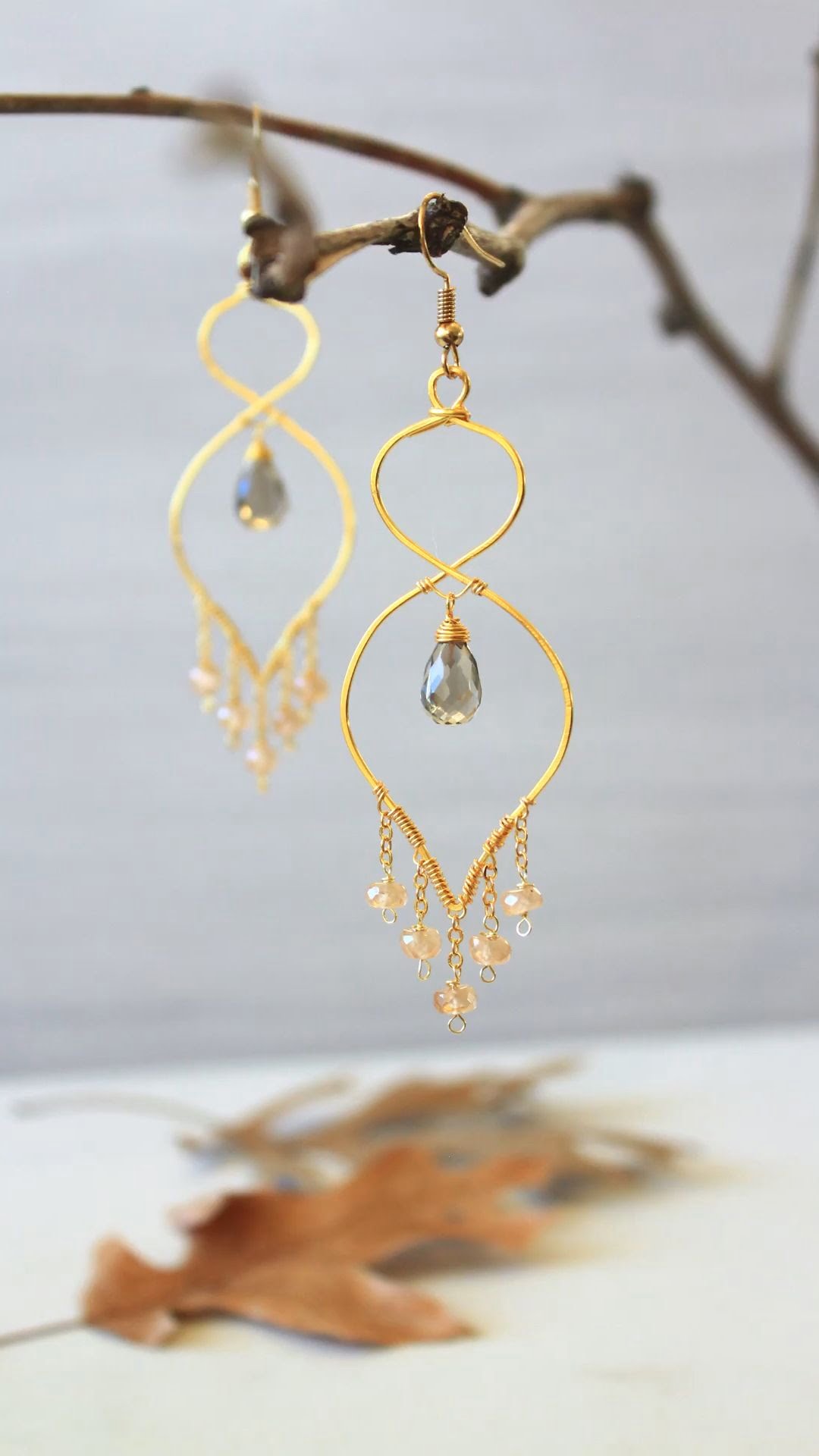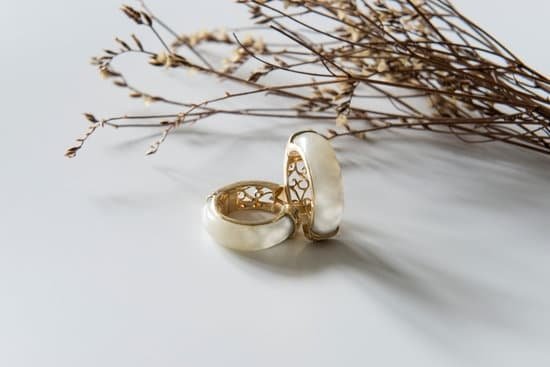Introduction
The Nursing Profession is a respected and important one, as nurses provide care and treatment to those who need it. That said, to ensure that the quality of care remains high in all circumstances, the nursing profession has some regulations on the attire and behaviors of its members. In particular, the wearing of jewelry is restricted for nurses in certain situations.
In general, most hospitals, clinics, and other medical facilities will not allow nurses to wear visible jewelry while attending patients or working with medical equipment. This includes necklaces, earrings, watches, wristbands and bracelets. A few specialized facilities may also restrict wedding bands or even require complete removal of any jewelry before attending a patient.
These restrictions are intended to reduce the chance of potential injuries such as choking or skin irritation associated with jewelry contact with a patient’s body or equipment they use at work An additional risk associated with wearing jewelry while performing nursing duties is infection control; Jewelry can harbor pathogens that could be spread from one patient to another without proper sanitation. Therefore different organizations within healthcare have published guidelines regarding what type of jewelry – if any – can be worn by their members of staff.
Exploring the Benefits of Nurse Jewelry
Nurses are often expected to dress and act professionally while on duty; this may lead many to question whether nurses are allowed to wear jewelry. Generally speaking, nurses are permitted to wear certain types of jewelry within their workplace setting. Jewelry can provide a sense of personal style, self-expression and even signal professionalism — all positives for a nurse’s presentation. There are rules for what acceptable jewelry for nurses might look like, however.
When thinking about jewelry choices for nurses, the focus should always be on work-appropriate pieces that make sense in a medical setting. Necklaces with simple charms such as crosses, hearts or locket pendants can be suitable workplace options, as well as plain stud earrings if preferred. Avoid large pieces of statement jewelry that take away from the focus on patient care and could be seen as inappropriate in the workplace. Rings should generally remain subtle and only reflect a minimum amount of bling. Professional watches with basic bands are usually OK in most facilities.
Beyond helping establish professional boundaries, nursing-inspired jewelry may help promote career pride or even emotional support when working long hours or coping with difficult patients. Consider introducing special pins that spark emotional connections among team members or selecting charm bracelets showing different professions or medical symbols that start conversations around caretaking topics such as children’s health awareness campaigns or disease prevention efforts in hospitals/clinics. These items also make wonderful gifts for nursing co-workers at any stage of their careers — something to show appreciation for them and their hard work providing compassionate care every day!
Nurse Jewelry Materials & Styles
Yes, nurses are allowed to wear jewelry. However, for safety and health reasons, the type of jewelry worn should be appropriate for a medical setting. Generally this means that the jewelry should be made from materials that can easily be disinfected after contact with patients and should be free of jagged or sharp protrusions which could potentially cause injury. Additionally, clothing and jewelry must not impede in any way with the nurse’s ability to provide optimal care. This may rule out any long pendants or dangling earrings that may pose a physical risk when caring for patients.
Common materials for nurse jewelry include stainless steel or surgical grade titanium. Both of these metals are highly durable and resistant to corrosion and discoloration compared to other materials such as sterling silver or brass. Jewelry designs that feature inlays like zirconia also create more sterile pieces with fewer surface irregularities making them easier to clean than many traditional styles that use cut stones and intricate detailing.
Nurses often prefer simple yet classic styles such as stud earrings or necklaces with small charms rather than ones requiring frequent cleaning like oxidized rings, hoop earrings and chain bracelets. Watches are very popular wardrobe item among nurses because they allow easy access to tell the time while caring for patients without extending too far from their wrists over protective gloves.
The Most Popular Pieces of Jewelry Among Nurses
Yes, nurses are generally allowed to wear jewelry during their shifts. The most popular pieces of jewelry worn by nurses are simple and minimalistic – less is often more. Popular jewelry pieces include stud earrings, a single necklace, watches for timing medicine dosages, and sometimes delicate bracelets. Other common items are medical alert tags or IDs on necklaces in the event of emergency situations.
Nurses must ensure that any jewelry they wear complies with hospital administrative policies and is clean, disinfected, and free of sharp edges so as not to interfere with patient care activities or put either the nurse or patient at risk in any way. Hospitals may differ on exactly what type of jewelry is permissible but tend to encourage simplicity and safety over fashion statements. While watches are typically allowed due to their practicality, they should be very small with minimal accent parts to avoid interfering with necessary tasks like washing hands properly prior to providing patient care.
Potential Safety Breach Issues
Nurses can wear jewelry while on the job, although this decision is left to the discretion of their employer. There are some safety issues that need to be taken into consideration when deciding whether or not to allow nurses to wear jewelry. Any jewelry worn should be limited and conservative, especially when dealing with a patient population in order to avoid any potential breaches of safety or hygiene standards. Loose bracelets or necklaces may become caught on medical equipment, creating a trip hazard for the nurse themselves or someone else in their vicinity. Furthermore, if there is a risk of exposure to hazardous chemicals or materials, it is recommended that no jewelry (including rings) be worn as these can increase skin irritation and contamination risks. Nurses should also consider that some patients may be allergic or have adverse reactions to certain metals so wearing jewellery containing certain precious metals could also potentially pose a risk. Lastly, items such as watches and headgear may cause interference with medical equipment used by the nurse during treatment, so these too should be avoided while working in a clinical environment
Final Thoughts
The answer to whether or not nurses can wear jewelry while on duty is generally yes. However, this is ultimately up to the discretion of the nurse’s particular workplace and healthcare facility. In some cases, jewelry may be restricted due to infection control concerns—or if it presents a safety hazard by interfering with any medical/surgical treatments being performed. Jewelry may also be restricted due to organizational policies, where more stringent restrictions are in place for certain positions such as those working in operating rooms or around equipment that poses a risk to patients. Ultimately, the best way for individual nurses to determine what is or is not acceptable within their particular workplace is by inquiring with their immediate supervisor or director of nursing. Nurses should bear in mind the considerations listed above when doing so, as well as any workplace policy regarding dress code that may exist. Lastly, both functional and fashionable nurse jewelry have become increasingly popular and widely available in recent years, providing medical professionals with an even wider array of options when deciding what type of accessories they would like to adorn themselves with on duty.
Conclusion
Yes, nurses are generally allowed to wear jewelry while on duty. However, depending on the health organization and department guidelines, restrictions may apply. The type of jewelry that is permitted can also vary from place to place. Nurses must take into account any safety concerns about the jewelry they choose to wear and its possible effects on patient care or treatments. In addition, all jewelry worn must be professional and complement the clinical attire worn during working hours. By following their health organizations’ policy on jewelry, nurses can ensure their practice remains professional and in keeping with standards of nursing care.

Welcome to my jewelry blog! My name is Sarah and I am the owner of this blog.
I love making jewelry and sharing my creations with others.
So whether you’re someone who loves wearing jewelry yourself or simply enjoys learning about it, be sure to check out my blog for insightful posts on everything related to this exciting topic!





